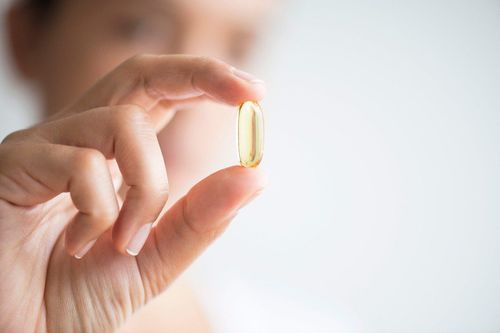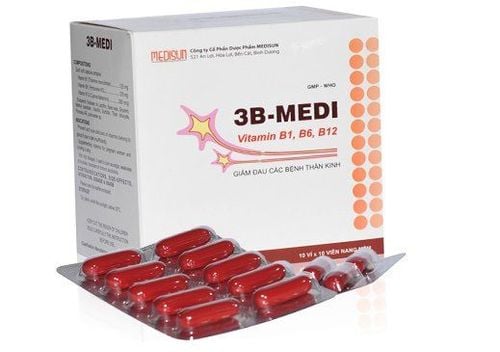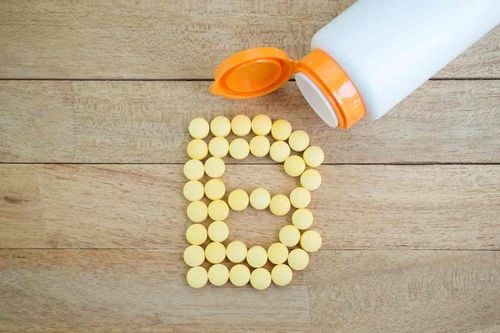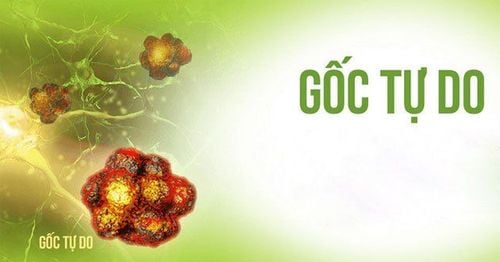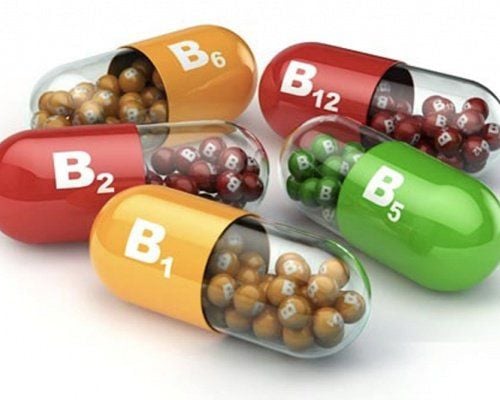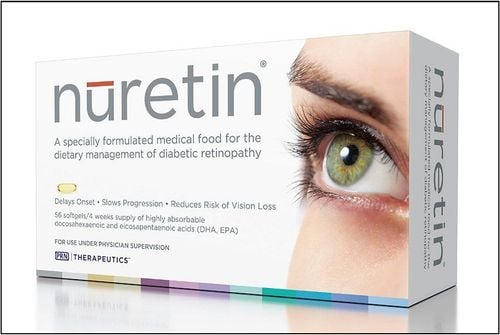This is an automatically translated article.
Vitamin E is a group of powerful antioxidants that help protect cells from oxidation. Adequate amounts of vitamin E will also help the body function normally, so a daily vitamin E supplement is essential. Vitamin E has been found in many nuts, vegetables, and oils, making it easy to incorporate into your diet.1. The necessity of vitamin E for your body
Vitamin E plays a role in a number of bodily functions, and scientists are still studying its additional health-promoting effects. Adults should get at least 15 milligrams of vitamin E per day, which is easy to achieve in a well-balanced diet. As a fat-soluble vitamin, your body also stores excess vitamin E that you consume to use when needed.Vitamin E deficiency is rare and is usually due to fat absorption problems caused by gastrointestinal problems. Over time, a deficiency can lead to symptoms like loss of balance, muscle weakness, or damage to the retina of your eye. Research has also shown that low levels of vitamin E at birth can adversely affect a baby's developing nervous system. Doctors advise pregnant women to make sure they get 15 milligrams per day, and breastfeeding women to increase their daily intake to 19 milligrams.
2. Get enough vitamin E in your diet for many benefits
The immune system as you age, its ability to fight off infections and diseases may decline. The antioxidants in vitamin E - especially one called alpha-Tocopherol - have been shown to help boost the body's immune response. These antioxidants also fight age-related cellular damage that is associated with many chronic diseases, including cancer.The antioxidant activity of vitamin E may also support long-term eye health. There is conflicting research on whether its effects are strong enough to treat problems like cataracts or age-related vision loss. However, studies show that maintaining recommended levels of Vitamin E can promote healthy eye function, reducing the risk of developing these conditions.
Some studies suggest that vitamin E may prevent memory loss or slow the progression of diseases like Alzheimer's disease. These potential effects are still being studied, but scientists believe that vitamin E's antioxidants may help maintain long-term brain health.
Vitamin E also helps maintain healthy heart function, while research is underway, some studies suggest that getting enough vitamin E as part of a healthy diet reduces the risk of pain heart disease or death from heart disease.

Thực phẩm giàu vitamin e giúp bảo vệ tế bào khỏi sự oxy hóa
3. Foods rich in vitamin E
Most people have no trouble getting enough vitamin E in their daily diet. Because vitamin E in food is abundant.3.1. Wheat Germ Oil At 20 milligrams per tablespoon or 135% of your daily value, wheat germ oil is the richest natural source of vitamin E. It can be used as a substitute for most other cooking oils, although cooking at high heat can reduce its vitamin content. Other oils such as hazelnut, almond and safflower oils are also good sources of vitamin E, but contain about a quarter of the amount found in wheat germ oil.
3.2. Almonds About 23 almonds contain 7.3 milligrams of vitamin E. While helping you meet your daily needs, studies have also linked almonds to many health benefits, including a reduced risk of obesity and disease heart.
3.3. Sunflower seeds Most nuts are excellent sources of vitamin E, but sunflower seeds are the most exceptional source of energy. Sunflower seeds added to smoothies, cereals or salads have 7.4 milligrams of vitamin E, half of your day's needs. Sunflower oil contains only about a third of the vitamin E content of the whole seed. However, it is still an excellent source of vitamins.
3.4. Pine nuts Although almonds are the nut with the highest vitamin E content, pine nuts also add a significant amount to your diet, at about 3 milligrams per two-tablespoon serving. Although expensive, common nuts are included in pesto cakes, pies, and spreads.
3.5. Avocados Avocados are a rich source of many nutrients, such as potassium, omega-3s, and vitamins C and K. Half an avocado also contains up to 20% of the required amount of vitamin E. Mangoes and kiwis also have vitamin E, but they have slightly less vitamin E content than avocados. However, all three fruits are great options, especially for people with allergies or sensitivities to nuts.
3.6. Peanut Butter Peanuts and peanut butter are also high in vitamin E, you can get about 18 percent of the daily value in a two-tablespoon serving. For the best health benefits, make sure to choose a natural product with no added preservatives or sugar, or make your own peanut butter at home.
3.7. Red Bell Peppers Sweet peppers are packed with nutrients, and research shows that the vitamin and mineral content of red bell peppers is particularly strong. So to get vitamin E, add red bell peppers to your diet.
3.8. Fish Fish is an excellent source of omega-3 fatty acids, nutrients essential for physical and cognitive health. Research shows that, in addition to its own health benefits, vitamin E may also help protect and promote the effects of omega 3s in your body. Fish rich in vitamin E include Atlantic salmon at 4 milligrams per fillet and rainbow trout at 2 milligrams per fillet.
3.9. Eggs Eggs contain most of the amino acids needed by your body. Vitamins and minerals, especially containing vitamin B12, riboflavin, vitamin E, foliant and iron.
According to analysis by Polish nutritionists at the Institute of Nutrition in Warsaw, an egg provides about 70% of vitamins and minerals needed for the body, especially contains a large amount of Vitamin E.
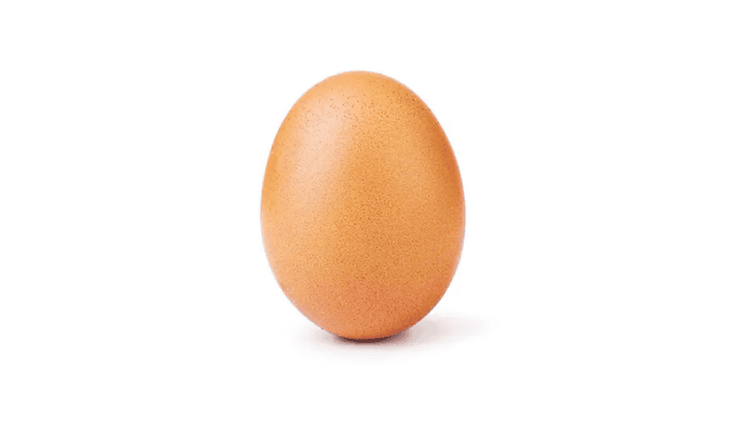
Trứng gà là một loại thực phẩm giàu vitamin e
Through the above article, hope to bring useful information to everyone about the importance of vitamin E for the body. Get vitamin E through the foods rich in vitamin E mentioned above to enhance your health protection.
Please dial HOTLINE for more information or register for an appointment HERE. Download MyVinmec app to make appointments faster and to manage your bookings easily.
Reference source: hsph.harvard.edu - webmd.com - .healthline.com



